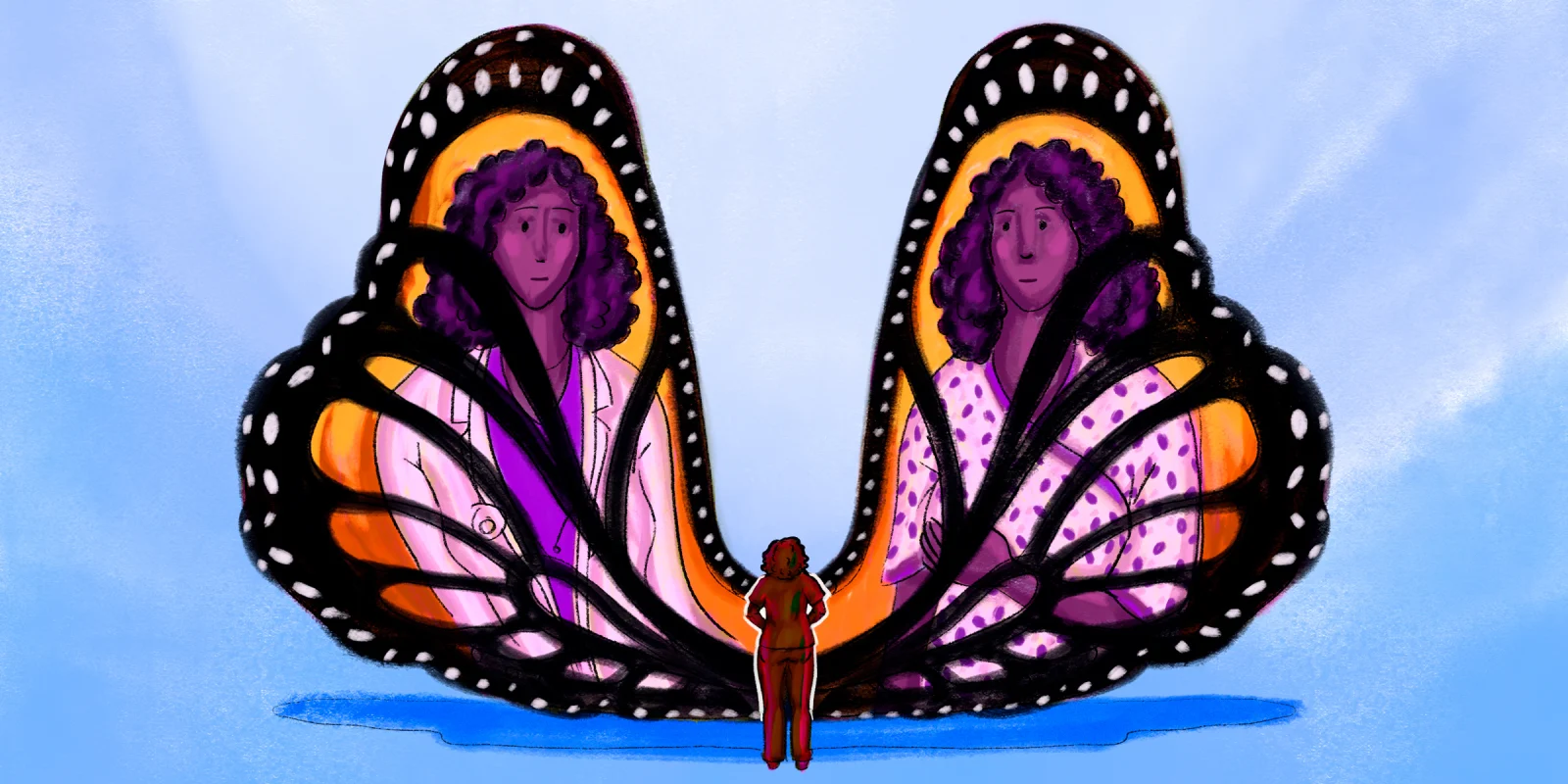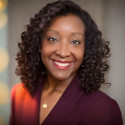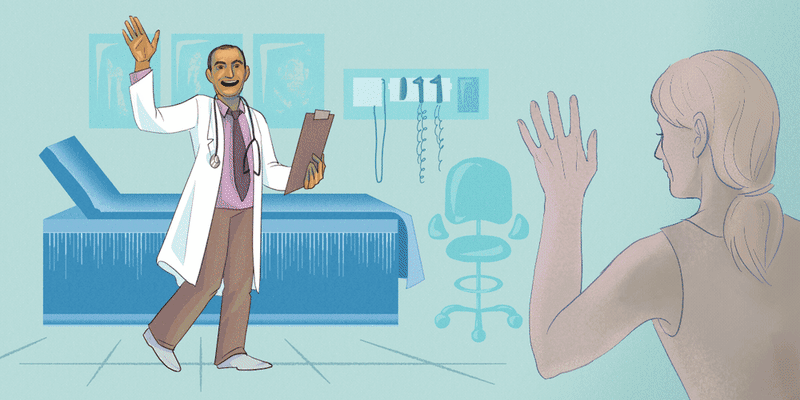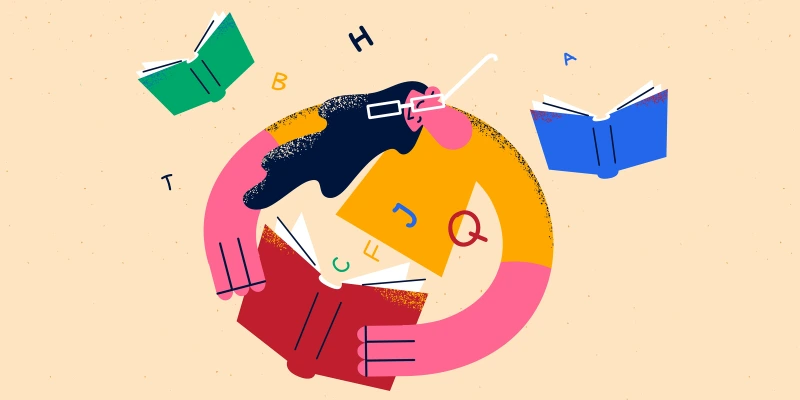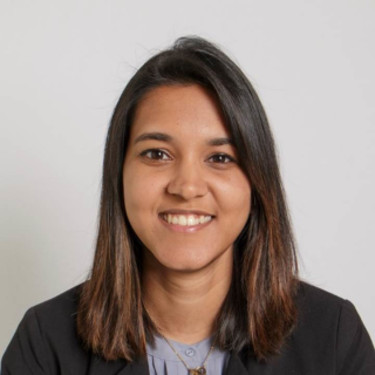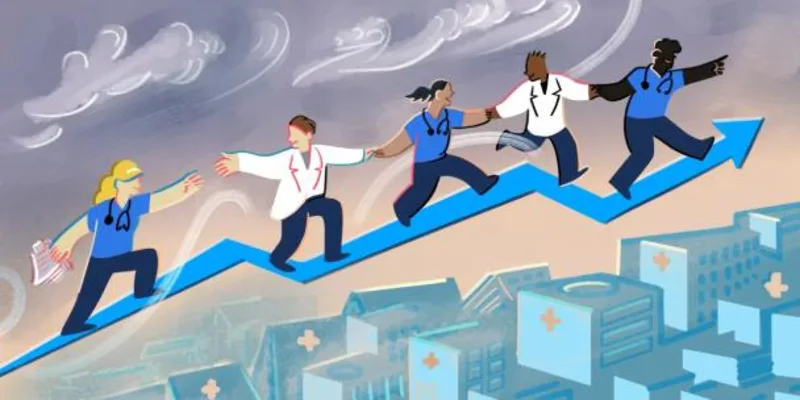It was early morning, and I had just parked outside my clinic when the phone rang. The voice on the other end asked if it was a good time to talk. It wasn’t. But as a physician, wife, and mom of two, I thought alone in my car was as good a place as any.
“Your biopsy results are back, and I’m sorry to say it is breast cancer. We’ll need to get you scheduled with …” And that was it.
It was the fall of 2019. I was a healthy 40-year-old, and I had just been diagnosed with breast cancer on my first mammogram. There are moments in life when you know nothing will ever be the same. For better or worse, an instant that will henceforth split your life into “before” and “after.” This moment in the car, before I began my day as a clinician, was the moment I had unwillingly been thrust into the “after this” life.
I headed into the office. I said good morning to my partners. I logged in and answered parent and nursing questions. I warmly greeted and saw 30 patients over the next nine hours with a smile. I spoke to my husband at lunch and checked in on his day. I worked with a few extra patients at the end of the day to accommodate requests. Without realizing it, I was well into the first stage of grief: denial. Ultimately, my cancer taught me many things about life and medicine. Receiving a young cancer diagnosis revealed four truths about the medical field worth sharing.
Medicine is a High-Stress, High-Risk Job; If Not Managed Well, it Will Affect Your Health
Medicine is consistently ranked as one of the most stressful occupations. One out of every two physicians has experienced job burnout and the burnout rate for doctors is the highest of nearly every occupation. It’s about double the burnout rate for attorneys. Add parenting, elder care, and spouse support and you are firmly in superhero territory. Yet, I still thought I was handling it all well. Why? Because that is what we are trained to do. Place the well-being of others first. Make complex and often life-altering decisions under pressure. Manage the emotional turmoil of exposure to human suffering, even death, quickly. You are needed in the next room.
None of the many women in my family had ever had a breast cancer diagnosis. Thankfully, my genetic testing was negative for hereditary forms of the disease. While I will never know exactly what caused it, I have learned that physicians are at significantly increased risk for prostate, breast, thyroid, and non-cervical gynecological cancers. Radiation exposures, chemicals, and job demands all likely play a role.
Medicine is a calling. The ability to practice it is a blessing. To do so, you must create a plan for protecting your mental and physical health early in your career, long before you feel tired or burned out. Before you arrive at your life-changing moment. Act with urgency to balance your life. Be unashamed in employing help, taking vacations, working part-time, and saying no so you can continue practicing your craft well into old age.
Patients Have a Reason to Feel Scared When Interacting With the Health Care System
I received excellent care from a highly qualified team. Clinicians have access to medical knowledge and treatment networks that allow us to select the best of the best in any field of care we need. I still found myself on the receiving end of numerous small errors as I navigated through the biopsies, advanced imaging, and surgical consultations associated with my diagnosis. I learned firsthand how most of what creates angst in patients transpires well before clinicians enter the room. As a cancer patient, I faced lost paperwork, excessive delays, scheduling errors, and inadequate contrast injection, resulting in needing to repeat my breast MRI. Each issue, while understandable in isolation, shook my faith in the health care system, allowing worry to build. I wondered what would happen once I was asleep in surgery. Mistakes take place in patient care every day. The convoluted nature of the health care industry as it now exists ensures this. Our patients have every reason to feel scared. Yet small statements of ownership from the physicians in charge, like “I will take care of it,” and “Don’t worry, you are in good hands,” were surprisingly impactful at lessening my anxiety, serving as a reminder that much of what we do is not curing disease, but healing by providing a listening ear and thoughtful reassurance.
Your Patients Value You, But They Can and Will Move On
At the time of my diagnosis, I was 11 years into a highly successful group private pediatric practice where I had a panel of well over 2,000 patients. I was also the medical director. It was fast-paced, requiring maximal physical and emotional effort, but I loved it. Being a trusted part of so many families' lives was humbling. I listened with warmth and compassion and tried to remember the little details that would build their confidence in my care. I did not take lightly having access to the most intimate parts of a person’s life. This made sharing my diagnosis and stepping away from practice for surgical care especially difficult. I hope you never find yourself in this situation, but if you do, the outpouring of love you will experience from your patients will amaze you. What I did not expect to face, however, was the guilt.
Thankfully, my breast cancer was caught early. Unfortunately, due to its size, a cure required a complete double mastectomy. After returning to practice and developing some common complications related to breast cancer care, my body was telling me I was pushing myself too hard. Continuing to practice as I had before my diagnosis was not best for my long-term health. Yet I struggled to announce that I was transitioning out of this role. I worried, would my patients be OK without me?
Feeling a sense of loss in the period immediately after your departure is normal, but it won’t last forever. You are not abandoning your patients when you choose to care for yourself. Feeling guilty is a sign that you are compassionate and have genuine concern about the well-being of others. Your patients chose you because of this. They may miss you, but they want the best for you as you would for anyone you care about. There are a small number of clinicians who are unkind, poorly trained, or negligent. The vast majority are good. Acknowledge the hint of arrogance that exists when you think otherwise. It is OK to let go. Your patients are in good hands.
Do Not Wait to Pursue Non-Clinical Physician Jobs
I was a premed English major in college. I loved to read novels as much as I loved dissecting the brain. My literary interests were placed aside after undergrad for the beautiful yet time-consuming job that medicine is. My breast cancer diagnosis brought me full circle. Encountering unexpected health news may limit your ability to perform the job physically. What many do not anticipate is the likelihood it will alter your desire to. Over 40% of cancer survivors make changes to their schedule, role, or career path. Receiving a serious health diagnosis brings into focus the people and things that are most important. It shortens your view of your life’s timeline. Significant shifts in your health will push you to recalculate how you will allocate your time in rewarding and meaningful ways. If you have not already thought about your other passions and how to pursue them, you may feel unable to move forward. Pause now to ask yourself what other talents do I have? What else brings me joy? Start today with reading, attending seminars, and engaging in online training in your different areas of interest outside of traditional patient care. Then consider, if you could not do your current job, how might you monetize these other skills and interests to support yourself? Right now is the perfect time to explore one of these part-time.
Being a physician does not shield you from receiving bad health news and the very human emotions of denial, anger, fear, and anxiety that accompany it. Feelings of loss over the potential physical or lifestyle transformations that an illness may bring are compounded by worries about relationships, finances, and work. As clinicians, we educate our patients that prevention is the best medicine. Are we taking our own advice? We can and should prioritize our health by resisting the urge to do it all. Switching career paths is common in many other fields. Medicine is unusual in its expectation of lifelong professional commitment to patient care. But deep personal fulfillment can come from using your gifts differently.
I now see my breast cancer as a blessing. Cancer surgery pushed me to evolve my career, slowing me down long enough to write my first children’s book and forcing me to learn to say no. It strengthened my faith in ways I never thought possible. Without cancer, what I now view as some of my most significant accomplishments would not have happened. I would have only seen medicine in one way: from a clinician’s point of view. Cancer gave me a new perspective on medicine and allowed me to give myself grace in my career. For this, I am grateful.
How has your personal experience with illness or diagnoses affected the way you practice medicine? Share in the comments.
Dr. Nicole Hight is a practicing pediatrician in the Atlanta area and a multi-year recipient of the Top Doctor and Parent Magazine parent choice awards. She earned her undergraduate and medical degrees from Emory University and served as Chief Resident at Levine Children's Hospital. She believes a listening ear and an encouraging word changes lives. You can reach her on LinkedIn at www.linkedin.com/in/nicolebhightmd; on Instagram @yourtrustedpediatrician; and on TikTok @doctorhight. Dr. Hight is a 2024–2025 Doximity Op-Med Fellow.
Original Illustration by Jennifer Bogartz
